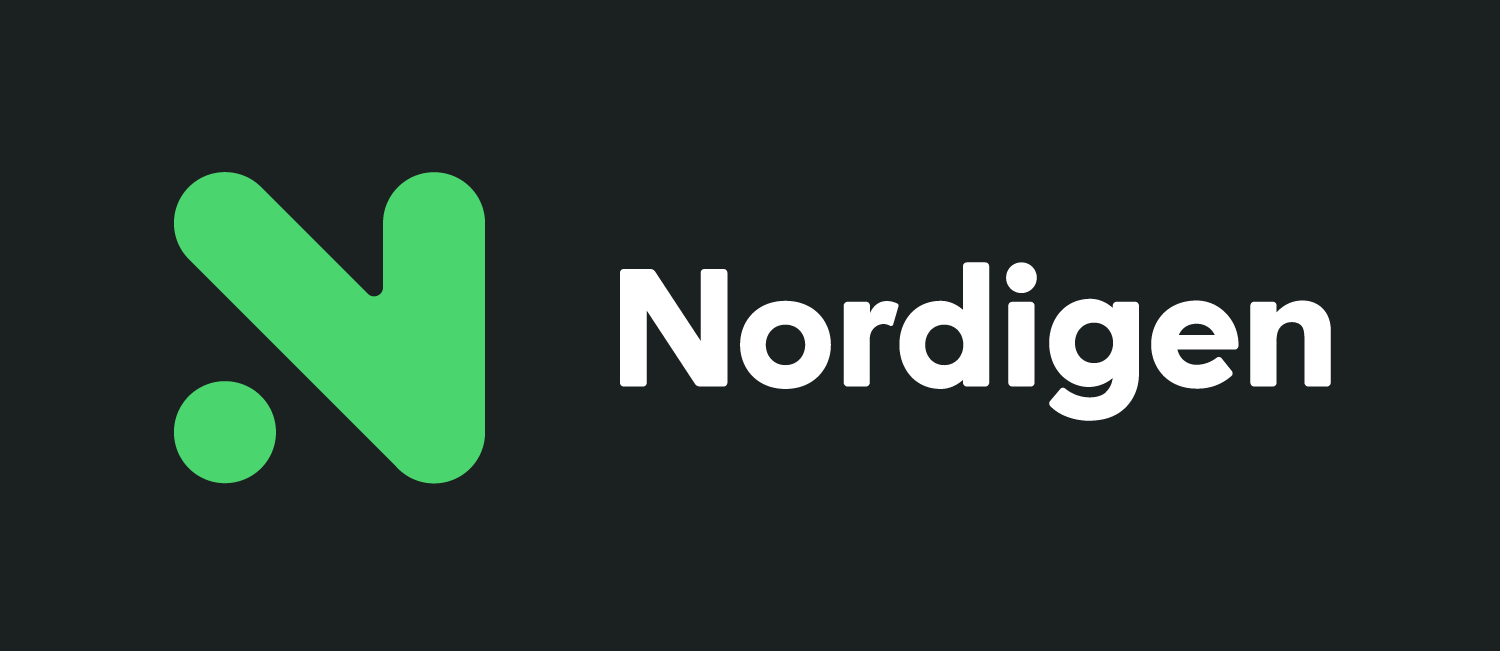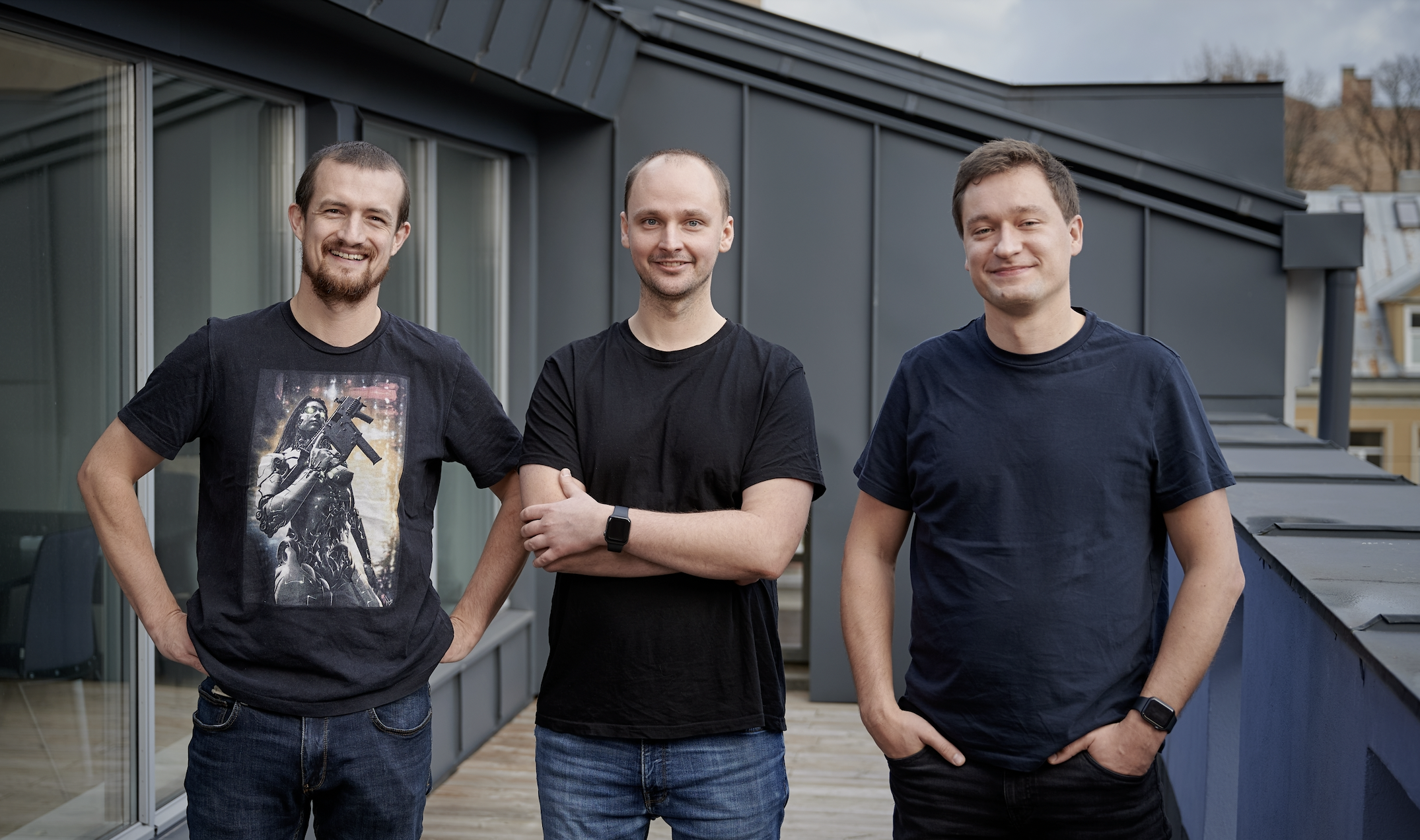Proptech is hot property. From solving the pain points of renters to digitising co-ownership of properties, digital solutions have launched to address the needs of the archaic real estate market.
According to Future Market Insights, proptech will be worth $86.5bn by 2032.
One enabler of this growth is open banking, a system which allows third party access to banking information to provide extra services, and has recently surpassed 6m users in the UK.
“One of the best things for landlords and renters is the chance to connect digitally,” says Mara Perkuma-Maslakova, public relations manager at open banking platform Nordigen. “Open banking connections help simplify property management and at the same time, provide tools to improve the living experience for renters.”
But how exactly could open banking transform real estate?
A need for speed
Right now, one of the main use cases for open banking in the real estate industry is tenant referencing, or when a landlord verifies a potential tenant’s identity, credit score and more.
“Open banking access replaces the need to print out copies of your bank statements,” says Perkuma-Maslakova. “Through proptech solutions, landlords can verify their tenants digitally by checking their bank statements, transactions and income to see if they're a reliable tenant, if they're going to pay the rent and what the risks are associated with that.”
Chris Hutchinson is CEO of fintech Canopy, which aims to improve the lives of rental households. He says his startup developed the first open banking-based reference a number of years ago, so that now verifying affordability “can be done near instantly”, speeding up the (often stressful) process for renters.
“Everything from submitting references, checking bank details and signing tenancy agreements can be done online,” he tells Sifted. “There’s no need to wait for emails or the post and the constant toing and froing of phone calls to chase documents or to keep people in the loop about the progress of their tenancy is eliminated.”
Cutting out time intensive manual processes also helps rental agents to be more efficient and save money.
“It’s lowering operation costs because obviously any digital solution that is easy to implement requires a lot less paperwork and human resources,” says Perkuma-Maslakova.
Tom Mundy, COO and cofounder of Goodlord, a “rent tech” platform based in the UK, says the platform “saves agents 380 hours a year from digitising manual processes. With stats like this, it’s clear, the lettings industry — and the paper-based manual processes that have supported the industry for so long — is crying out for technological innovation.”
There’s no need to wait for emails or the post and the constant toing and froing of phone calls to chase documents
Open banking offer more complete information, more complete services
For Hutchinson, he sees the most power in building up a “risk score” of an individual. This, he says, gives more complete information to landlords to make a decision on who to rent their property to, rather than the current affordability metric which is based around gross income.
“Currently a credit score is six months out of date and doesn’t take into account a lot of information,” he says. “With open banking we can see more detail, picking up on whether someone spends more than they earn, or has a really good track record with their finances. Equally we can spot trends, such as whether someone’s income has increased consistently over time and move to a more predictable model.”
He adds that open banking can also allow people facing different financial situations to have access to rental properties.
“Having the data enables us to optimise the process for more use cases, picking up gig economy workers, students, self-employed with ease rather than relying on streams of paperwork,” he says. “We can be flexible should the market or partner require, having different rules for different agents or accounting for specific variables such as the Covid pandemic.”
Perkuma-Maslakova says some of Nordigen’s partners have also used open banking to build up more services. My Syndic, for example, is a platform designed to keep co-owners and managers informed about maintenance issues and uses open banking to complete transactions associated with them, and Propital is a platform designed to help with property management.
With open banking we can see more detail, picking up on whether someone spends more than they earn, or has a really good track record with their finances
“One of our partners Propital, they have this digital solution to manage real estate, which means the properties themselves, any manual fixing that is needed, but also anything to do with renting the property out like contracts,” she says. “The integration with Nordigen’s open banking allows clients to connect private and business accounts, benefiting the private individual renting the place, as well as the company that owns the property.”
Helping people get access to a mortgage
Another benefit of open banking is helping more people get access to mortgages.
Perkuma-Maslakova says one of the most important beneficiaries of open banking could be the younger generation — millennials and Gen Z — as they could use the tech to get a mortgage without a credit score, as long as they are risk assessed.
“If you have three to six months of a stable income and everything’s good with your accounts, you have a stable job, you’ve never owned any property before, that’s completely fine,” she says. “Open banking’s transaction history gives the candidate a chance to be considered based on their income and spending patterns and that’s really changed the industry, to be able to be considered for loans and mortgages that you weren’t considered for before.”
Mundy adds that open banking can also help combat fraud associated with applying for a mortgage or to rent a property.
“In today’s world of photoshop and editing tools, it’s relatively easy for people to forge a bank statement or a payslip,” he says. “But data direct from the bank cannot be forged.”
And with consent always asked from those using open banking, Perkuma-Maslakova says people can have greater control over how long their data is shared for and to whom.
“It gives control over the data to the renter and it allows them to choose how long they’re going to share information with the landlords,” she says.
The future of open banking and real estate
There’s even more room for open banking to transform real estate. For Mundy, it’s all about payments.
“The way I see it, the future of open banking and real estate is that rental payments will eventually be processed using open banking,” he says. “Doing this would replace the need for tenants to set up direct debits, making the process simpler, cheaper and most importantly safer for all.”
Open banking will be a building block and not a roadblock
While regulation will need to keep up, Mundy adds that concerns can — and will — be managed.
“In terms of roadblocks, there are none that I see that are insurmountable,” he says. “There are the obvious privacy concerns that come with open banking but with tight regulation these can and are being managed.”
Perkuma-Maslakova adds the tech downturn and economic climate could create some hurdles, but open banking will continue to bridge the gap between fintechs and proptech.
“A roadblock is that we are on the brink/dawn of a financial crisis, but open banking helps partners in the proptech industry to work together,” she says. “Open banking will be a building block and not a roadblock.”
Find out more about open banking and how it can address your needs.



